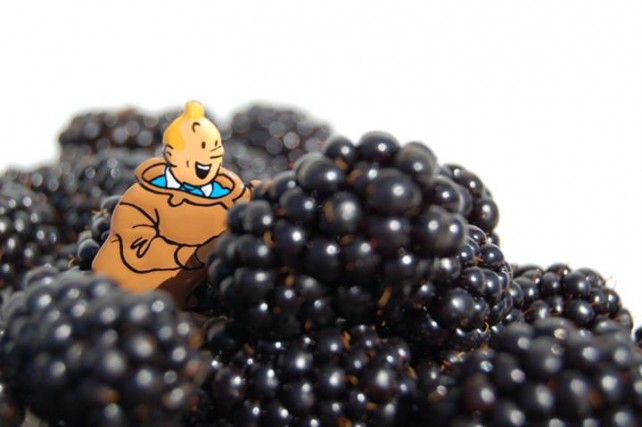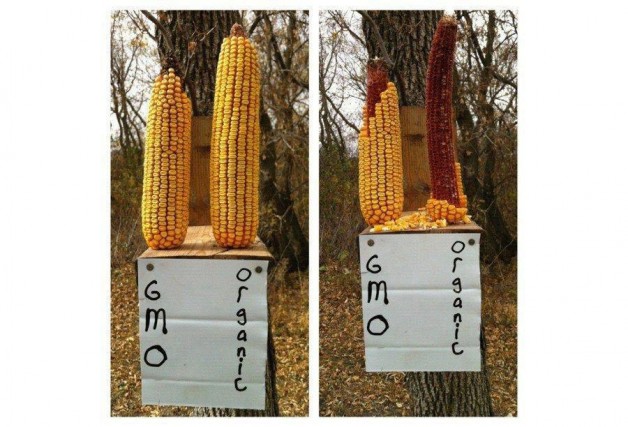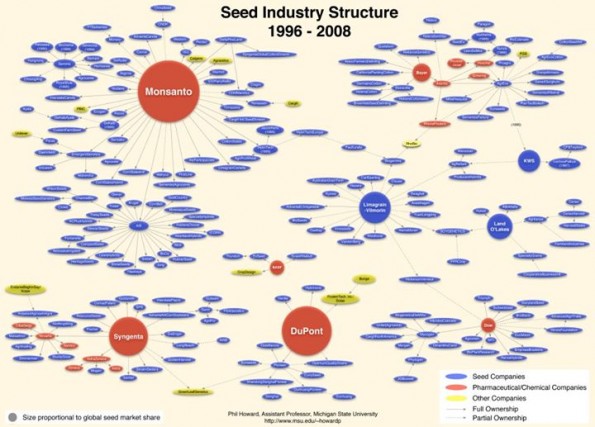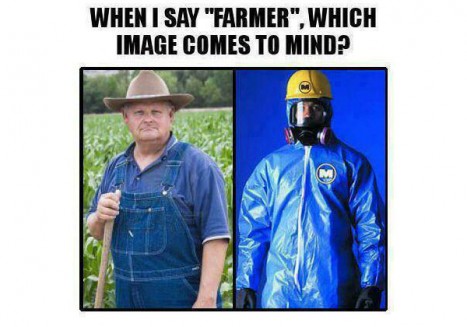Feed the world? Really?
Advocates of genetic modification often use the argument that it is a solution to hunger. There is no evidence to back this up whatsoever. In spite of a large increase in food production since the fifty's, 1 billion people are still hungry. Gentech has so far not led to a production increase, it has just led to more pesticides and monocultures. There is a better technique, more robust, more ecological, and safer, which is organic breeding. With organic breeding we can also create disease-resistent varieties, increase yields, create drought-resistant varieties, and most importantly, do it in a way that is in balance with the ecosystem. It is done for a large part in the field, not just the laboratory. One of the major advantages of organic breeding is that farmers can participate and create varieties that fit their specific circumstances. Also, organic breeding is not controlled by agro-chemical companies who's main interest is selling more agrochemicals.







